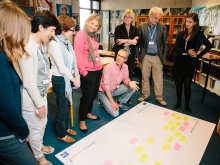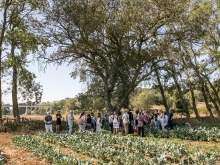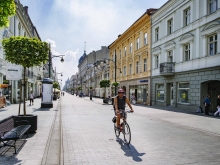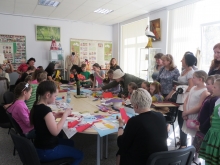Croatia
A part of small and medium-sized cities is facing intense population loss, especially of younger, highly educated population of reproductive age. Young families are leaving urban centers where there is no possibility of employment and are moving to larger cities or abroad.
As concurrently a trend of abandoning rural settlements and of intensified migration to cities is observed, the largest urban centers are new destinations for employment, and thus for permanent resettlement.
In order to stop the negative demographic trends at the national level, cities have to respond to the following requirements to raise the standard of living:
- Strengthen the economy;
- Create new jobs (especially for youth employment);
- Encourage the development of innovative networks of public services;
- Establish and strengthen links with the wider impact areas;
- Ensure sustainable spatial development of urban areas.
Sustainable spatial development must necessarily address specific spatial problems:
- Urban remediation of built-up building areas and urban networks of public areas devastated through illegal construction;
- Urban transformation of built-up building areas by changing the urban network of public areas, purpose and shape of construction works and/or arrangement, shape and size of building plots;
- Urban renewal and urban transformation of abandoned military and industrial complexes;
- Revitalization of historic city centres;
- Renewal of deprived residential settlements and public spaces built in the mid-20th century;
- Raising the standard of living, adaptation to the fact of aging population;
- Development of innovative forms of urban tourism;
- Energy renovation of buildings;
- Reduction of harmful emissions into the environment;
- Improvement of the waste management system;
- Rationalisation of the use of real estate owned by the state or city.
SOME RELATED NETWORKS
Creative SpIN
PREVENT
Cities4CSR
National URBACT Points
Article
4 lessons on capacity building for city makers
Article
Local food in urban forks
Article
Listen to this URBAN REGENERATION MIX!
Article
What on earth do the arts and culture have to do with climate change?
Article







